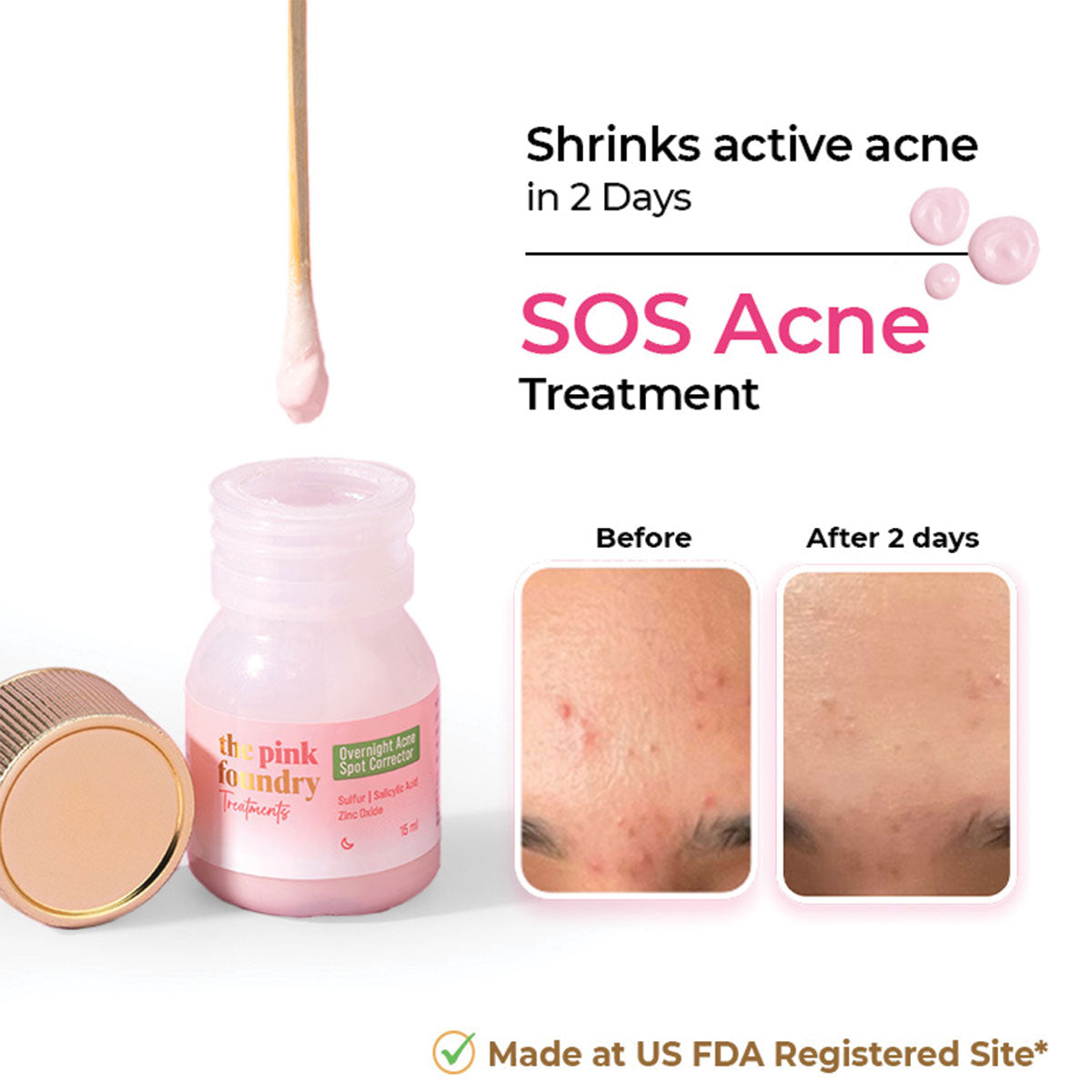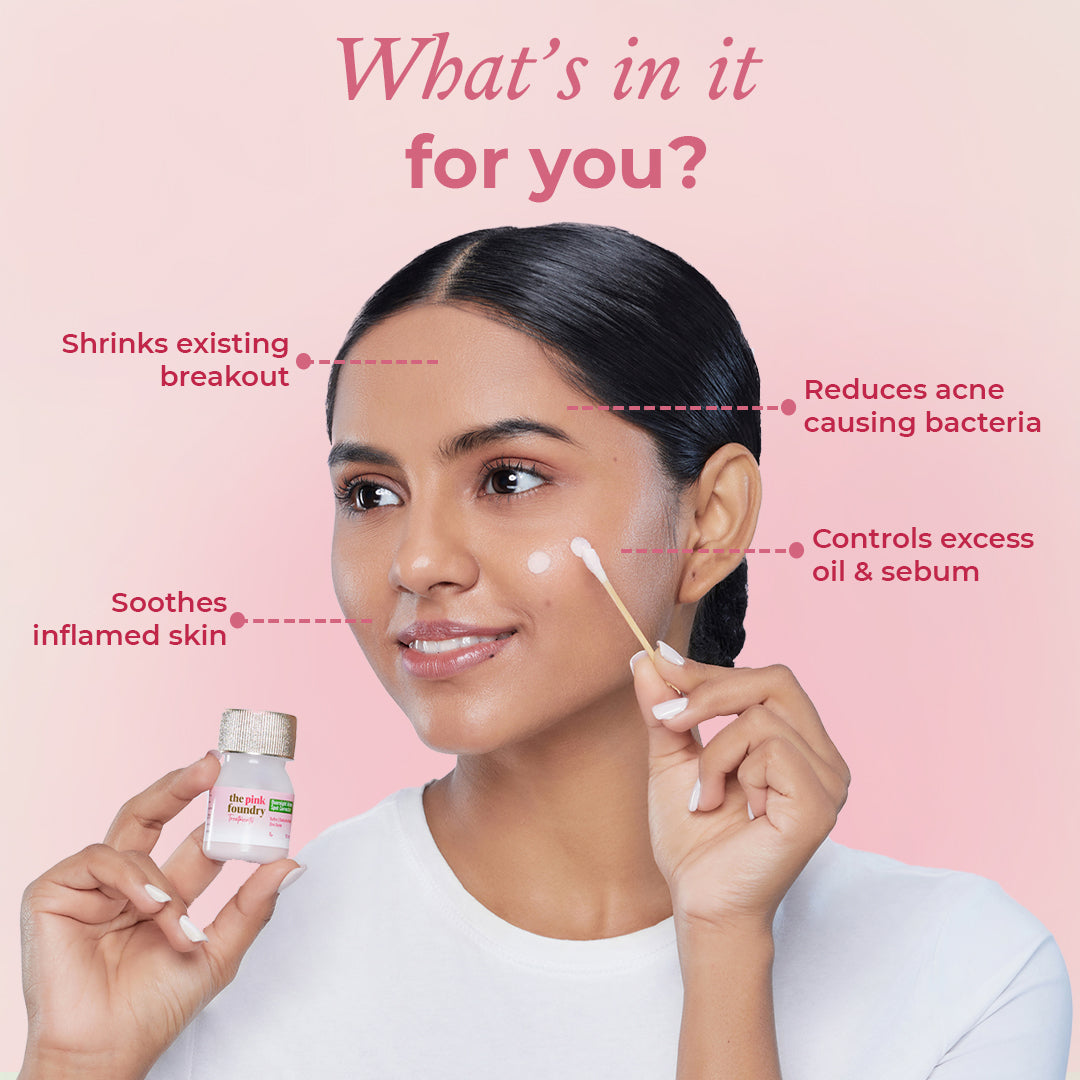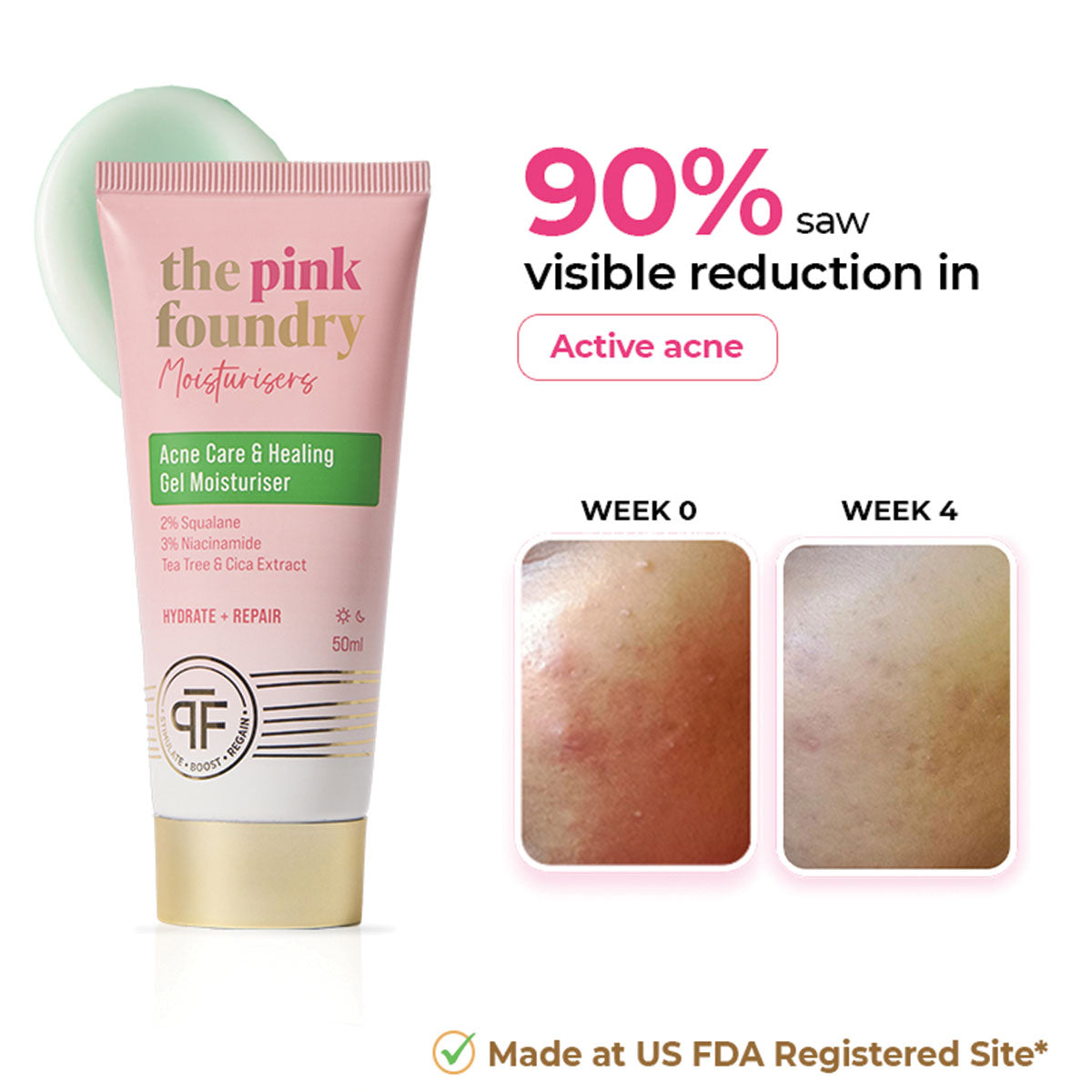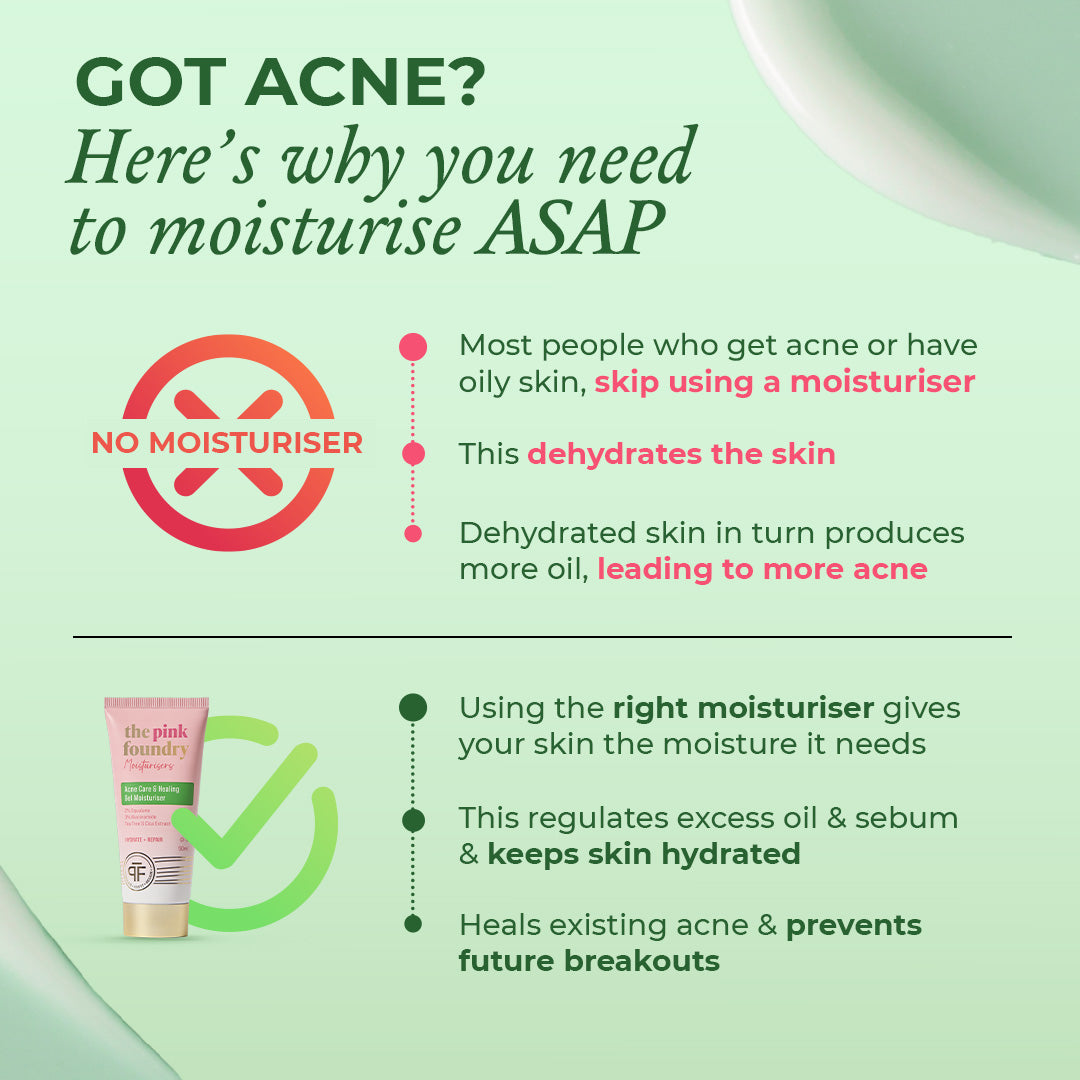
Melanin vs Melatonin: Breaking Down Their Unique Roles in the Body
Melanin and melatonin are easy to mix up—they sound a lot alike, after all. But beyond their names, these two compounds play very different roles in the body. One controls the pigment in your skin, hair and eyes, and the other controls your sleep-wake cycle and aids your body in resting and healing. Knowing the difference between melanin and melatonin is important for more than just health and fitness buffs.
Actually, anyone who gives a hoot about skincare, sleep science, or just feeling good would do well to make a mental note. In today’s blog, we’re going to delve into the fundamentals of melanin and melatonin and explain what they are, what they do, why they’re important and how they can have an impact on you.
Melanin vs melatonin: What’s the difference?
We’ll begin with a brief comparison. Melanin is a pigment found naturally in skin, hair, and the iris of the eye. It’s a key player in determining skin tone and defends against sun damage, too. Melatonin, meanwhile, is a hormone made in the brain that helps control your sleep-wake cycle. And while melanin is all about pigmentation and protection, melatonin has more to do with sleep and circadian rhythms. Their names may sound similar, but that is about as far as the similarities go when these two are concerned.
What is melanin
Melanin, put simply, is the pigment that determines the colour of your skin, hair and eyes. It is made by specialised cells called melanocytes, which are located in the skin’s outer layer. The quantity and type of melanin you produce are generally determined by genetics, but external influences, such as sun exposure, can also have an effect.
There are three types of melanin:
- Eumelanin (brown and black pigment)
- Pheomelanin (reddish-yellow pigment), and
- Neuromelanin (found in the brain)
- Of all these, eumelanin has the most to do with protecting your skin from damaging UV rays.
Functions of melanin
Melanin serves several essential functions in the body:
Types of serums and what they do
If someone asks what does serum do the answer will depend on its type. Here's a breakdown of common serum types and their functions:
- Sun protection: It absorbs and dissipates UV rays, helping protect skin cells from DNA damage..
- Pigmentation: Melanin gives your skin, hair, and eyes their unique colours.
- Antioxidant role: It scavenges free radicals generated by sun exposure, reducing oxidative stress.
- Neuroprotection: Neuromelanin in the brain may protect nerve cells from toxins and oxidative damage.
Because of these functions, melanin is critical in both cosmetic and medical contexts. That’s why using sun protection like The Pink Foundry’s Mineral Matte Tinted Sunscreen, which offers broad-spectrum UVA and UVB protection using zinc oxide and titanium dioxide, is essential in preventing melanin-induced hyperpigmentation caused by sun damage.
What is melatonin
While melanin lives mostly in the skin, melatonin is made in the brain’s pineal gland. This hormone regulates your body’s internal clock or circadian rhythm. Production of melatonin increases as it gets dark, telling your body it’s time to wind down and sleep
Melatonin levels naturally fluctuate throughout the day, being highest at night. This is why exposure to light, especially from screens, can disrupt sleep by inhibiting melatonin production.
Functions of melatonin
Melatonin is involved in several vital processes, including:
- Regulating sleep: It helps control your sleep-wake cycle, encouraging restful sleep.
- Immune support: It has anti-inflammatory and antioxidant properties that support immune function.
- Mood balance: Melatonin interacts with neurotransmitters like serotonin, which may affect mood.
- Skin regeneration: Night-time melatonin release coincides with cellular repair, supporting skin health.
The benefits of sleep for skin are immense. During deep sleep, melatonin promotes the repair and regeneration of skin cells. This is why poor sleep can often lead to dull skin, fine lines, and increased sensitivity. Using calming skincare products like The Pink Foundry’s Dewy Hydrating Hybrid Sunscreen , enriched with 1% Squalane and soothing Liquorice Extract, helps protect and hydrate your skin during the day so your skin can better regenerate overnight.
Melanin vs melatonin: Are there any similarities?
Despite serving different functions, melanin and melatonin share several intriguing similarities. Both are naturally synthesised by the body and are significantly influenced by exposure to light. Melanin production is triggered by ultraviolet (UV) radiation from the sun, which prompts the skin to produce more pigment as a defence mechanism. Melatonin, conversely, is regulated by the light-dark cycle—its production increases in darkness and decreases in response to light.
Interestingly, both compounds also possess antioxidant properties. Melanin helps neutralise free radicals generated by UV rays, protecting skin cells from damage, while melatonin combats oxidative stress throughout the body and supports immune function. Furthermore, both play essential roles in the body’s defence systems—melanin shields the skin from UV harm and melatonin aids in cellular repair during sleep.
Conclusion
Although they may sound like distant cousins in a biological textbook, melanin and melatonin each play indispensable roles in our health and well-being. From shielding us against the effects of UV rays on skin to ensuring a good night’s rest, these compounds are always working behind the scenes. Understanding the distinction between them helps you make better choices, whether it’s picking the right sunscreen or supporting restful sleep for glowing, healthy skin. So the next time you find yourself asking about melanin vs melatonin , you’ll know just how vital both are, in their own unique ways.
FAQs:
Can melatonin affect melanin production?
Not directly. While melatonin and melanin are both influenced by light exposure and biological rhythms, melatonin doesn’t stimulate melanin production. However, disruptions in melatonin (e.g., from sleep deprivation) can indirectly affect skin health.
Do melanin and melatonin interact?
There’s no strong evidence of direct interaction, but they can influence similar processes like oxidative stress and response to light. Both are crucial to how your body reacts to environmental factors.
Does taking melatonin change skin colour?
No. Melatonin supplements are designed to regulate sleep and don’t affect melanin levels. So, if you’re wondering whether melatonin changes skin colour, rest assured, it doesn’t.
Does light exposure affect melatonin and melanin?
Yes. Light suppresses melatonin production, which can disrupt sleep. On the other hand, sunlight stimulates melanin production as a protective mechanism. Both are sensitive to light, just in different ways.








































































Leave a comment
This site is protected by hCaptcha and the hCaptcha Privacy Policy and Terms of Service apply.